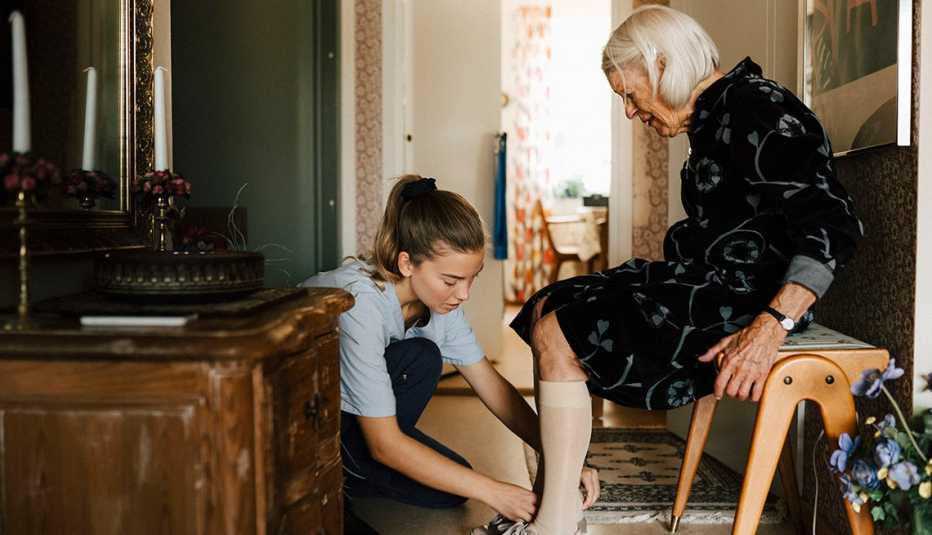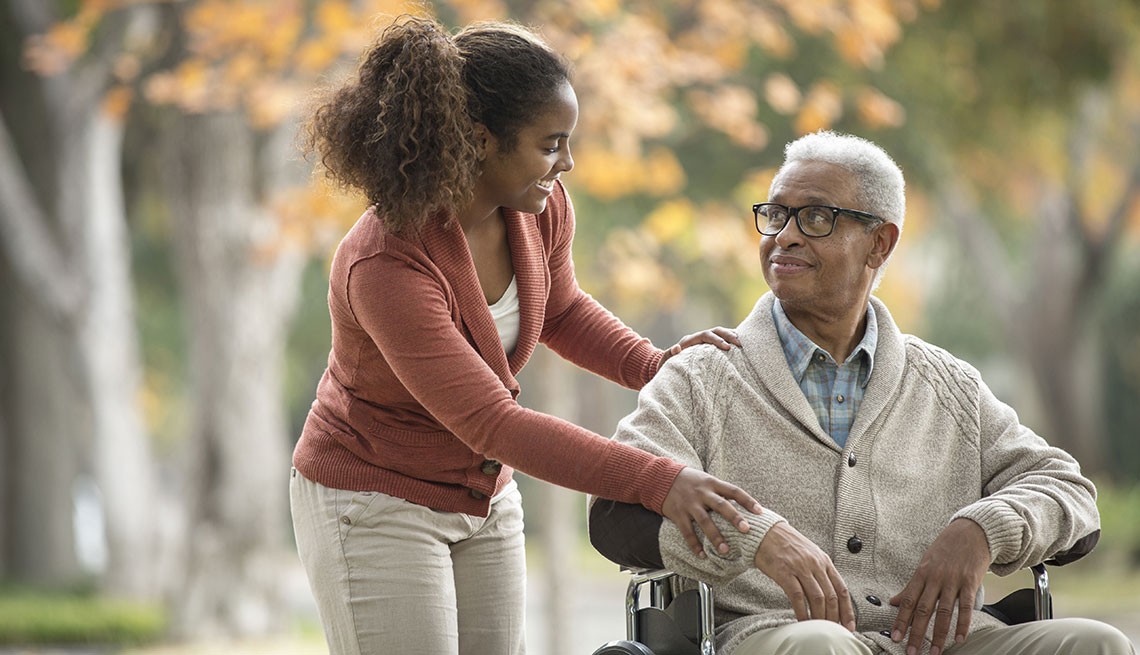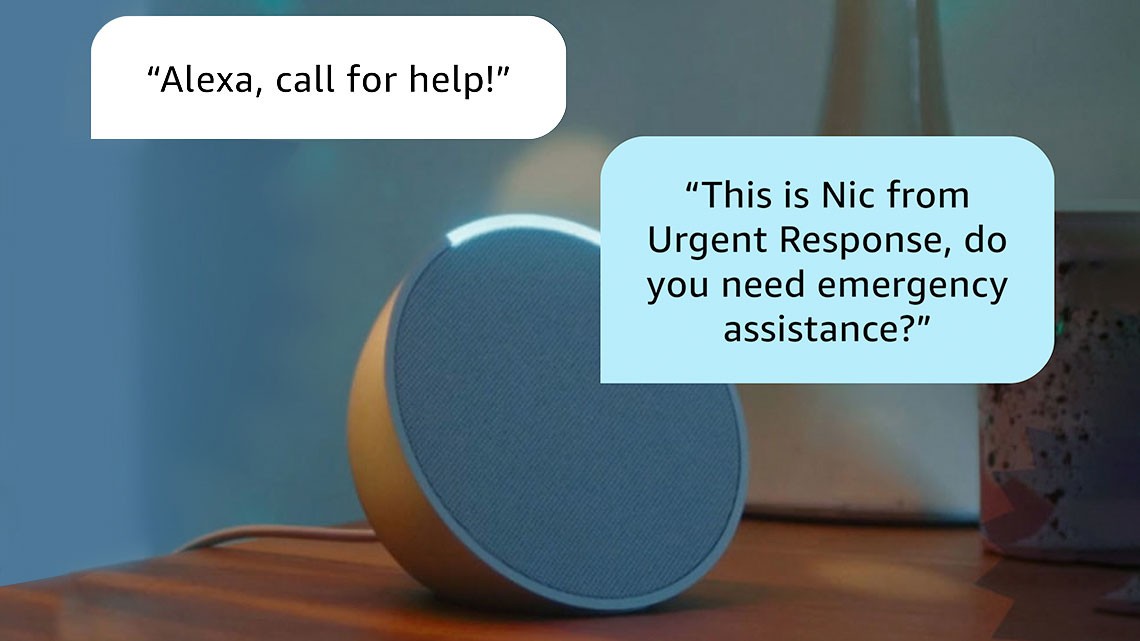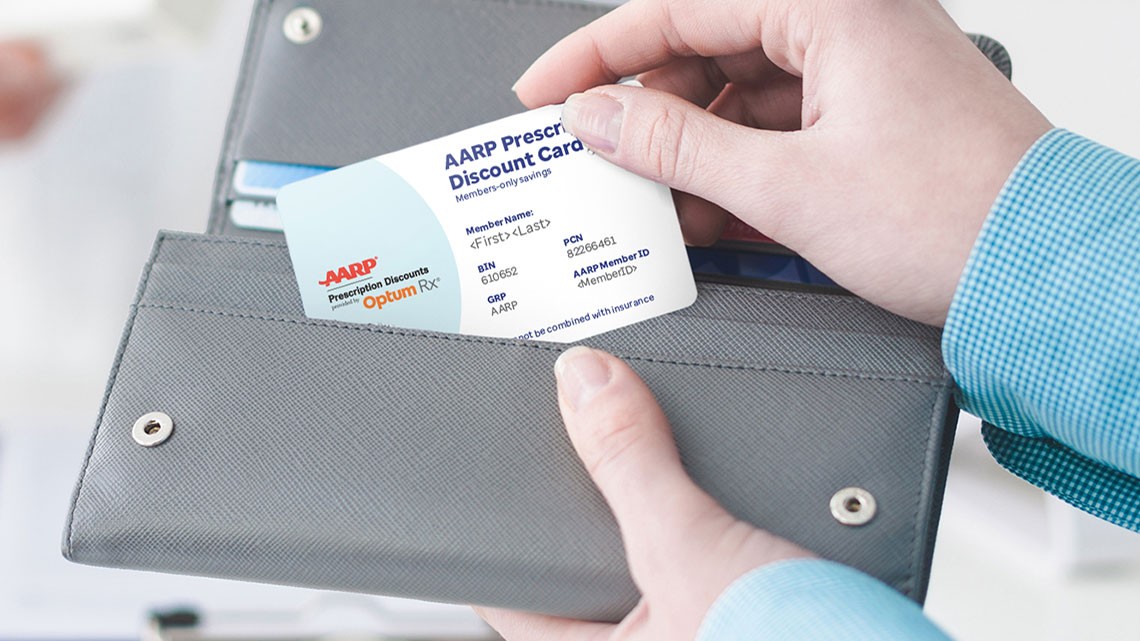Staying Fit


When the Carter Center announced in February that former President Jimmy Carter had entered hospice care, it noted that he had the support of his family and medical providers. Now we know that one key member of that team needs care herself: The center has announced that former first lady Rosalynn Carter has dementia.
For caregivers in other families, that news may serve as a crucial reminder: Caregivers get sick, too. They have heart attacks and strokes; they get cancer and dementia; they get sidelined by flu, COVID-19 and broken bones.


AARP Membership— $12 for your first year when you sign up for Automatic Renewal
Get instant access to members-only products and hundreds of discounts, a free second membership, and a subscription to AARP the Magazine.
Ideally, families have backup plans “B, C, D and E” to deal with those realities, says Crystal Polizzotti, director of the Family Caregiver Support Program at AgeSpan, a private, nonprofit agency in Massachusetts. Often, she says, they don’t.
That means a caregiver’s new diagnosis or developing health problems may focus a family anew or for the first time on building stronger supports, she and other experts say.
Here are some of their recommendations for families in that situation — and families who want to be prepared before a crisis arises.
Assess your village
Caregiving should never be a one-person job, says Ailene Gerhardt, a patient advocate in Brookline, Massachusetts. “Caregiving is extraordinarily stressful and impacts people’s health, even when they are doing just fine,” she says. So it’s essential to ask for help and to divide up tasks. Someone can deal with insurers and hospitals; someone else can buy groceries and pick up prescriptions. Even a family member who lives far away can log onto a loved one’s telemedicine visit, says Lisa Winstel, interim chief executive officer at the Caregiver Action Network. (It’s legal, she says, if the patient consents.) And helpers can, and often must, come from outside the family, Gerhardt says.



































































More on Caregiving
Dementia Caregivers Guide: Tips for Unique Challenges
The latest research on dementia, plus tips for caregivers to keep your loved ones safe and happy
Deborah Roberts on Al Roker’s Health: ‘You’ve Got to Advocate’
The ABC correspondent advises family caregivers to ‘jump in and assert yourself’
How a Caregiving Grant Allowed My Sister and Me to Take a Vacation
Funds may be available for respite care, adult day care even some home modifications